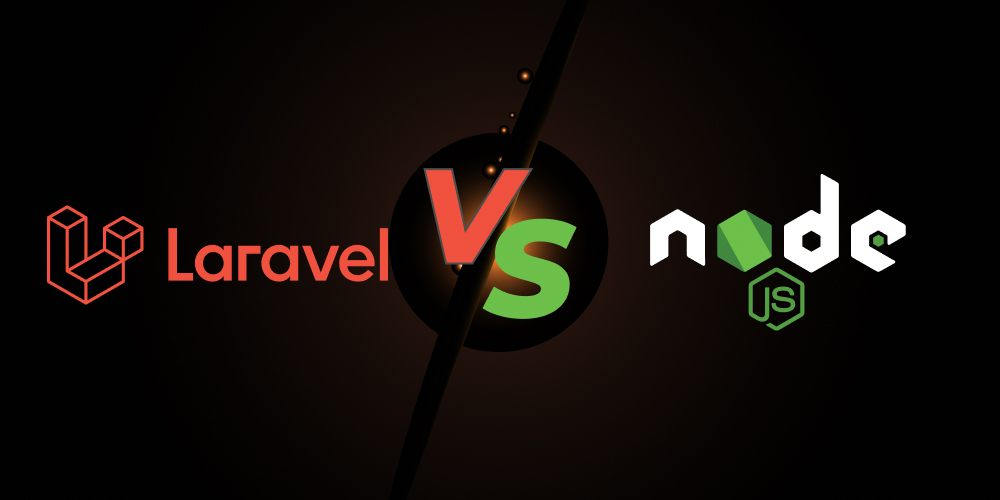Even though there are various technologies available but only certain ones have the features that can make scalable web applications and custom Drupal development is one of them. Drupal development is one of the most asked services as it is providing robust features that enable startups, SMBs, and enterprises to create apps that scale as they continue to grow.
Drupal, often known for its robust content management capabilities, has evolved into a powerful framework for custom web application development. Whether you’re a media company juggling dynamic content or an enterprise managing thousands of users and data points, custom Drupal development allows you to build something that’s not just scalable, but truly tailored.
In this blog, we will talk about custom Drupal development and how it is building the future for developing scalable web applications.
Custom Drupal Development
Custom Drupal development refers to building and fine-tuning your Drupal application to meet specific business requirements rather than relying solely on out-of-the-box features. This includes:
- Tailored themes and branding to match your identity
- Custom modules that serve niche workflows
- API integrations that link your app to third-party services
- Unique user roles and permissions for specific access control
While Drupal offers a solid base, customization is where the real power lies. Businesses can create highly specific features without reinventing the wheel. Instead of forcing your process to fit the platform, the platform adapts to your process.
Custom development also enhances performance by eliminating bloat—only the features you need are included. This not only streamlines the user experience but also reduces security vulnerabilities by minimizing exposure to unused components.
With Drupal, you get the benefit of open-source flexibility combined with enterprise-grade capability. And when you build it custom, you ensure every feature aligns with your long-term goals. To fully leverage Drupal’s capabilities, it’s advisable to hire a Drupal developer.

Scalability: Drupal’s Core Strength
Scalability is more than a buzzword. It’s a necessity for businesses expecting growth. Drupal is designed from the ground up to support scale. Here’s how:
- Content flexibility: Drupal can handle thousands of content types, taxonomies, and media assets without slowing down.
- User management: From small teams to thousands of concurrent users, Drupal’s architecture allows smooth role and permission management.
- Database optimization: Drupal supports advanced caching mechanisms and can integrate with content delivery networks (CDNs) to manage global traffic.
- Case in point: Media giants and government institutions rely on Drupal because it continues to perform under pressure. Websites like The Weather Channel and NASA use Drupal because it supports high-traffic environments with ease.
When your platform is built to scale, you avoid bottlenecks and downtime. Custom Drupal setups allow you to anticipate performance needs and adjust infrastructure accordingly. That means more uptime, better performance, and a seamless experience for your users.
Flexibility and Modular Architecture
One of Drupal’s biggest strengths is its modular architecture. Instead of forcing businesses into a single way of doing things, Drupal offers building blocks that can be arranged to suit any use case.
Key features include:
- Reusable components: Build once and reuse across the site to speed up development.
- Custom content types: Tailor content structures to match exactly what you need—no more workarounds.
- Integrations: Easily connect with CRMs, ERPs, and marketing automation tools.
And then there’s headless Drupal. Want a React or Vue frontend with Drupal managing the backend? No problem. Drupal’s API-first approach means you can deliver content wherever you need it—mobile apps, kiosks, smart TVs, or voice assistants.
This flexibility allows businesses to stay agile. Whether you’re pivoting strategy or expanding offerings, your tech stack won’t hold you back.
Security and Performance
Security is a top concern for any digital platform. With Drupal, you’re in good hands. Here’s why:
- Regular security updates: The Drupal Security Team actively monitors and patches vulnerabilities.
- Granular access control: Define user roles and permissions in detail.
- Database encryption & secure APIs: Protect sensitive user data and integrations.
Performance isn’t left behind either:
- Built-in caching tools like Varnish and Memcached improve speed.
- Content delivery network (CDN) support reduces latency across regions.
- Optimized asset loading keeps user experience smooth.
Because Drupal is open source and community-driven, it’s continuously tested across different industries and use cases. This collective feedback loop means bugs are found faster, and fixes come quicker than in closed-source systems.
With custom Drupal development, you can also remove unused modules and optimize configurations for your specific workload, improving both speed and stability.
Cost-Efficiency and Long-Term Value
On the surface, custom development might seem like a larger upfront investment. But the long-term savings are real. Here’s why:
- No licensing fees: Drupal is open-source, so you save on software costs.
- Tailored functionality: Build only what you need, reducing maintenance.
- Lower technical debt: Cleaner code and better architecture mean fewer issues down the line.
In-house platforms or proprietary systems often come with hidden costs: vendor lock-ins, upgrade fees, and limited extensibility. With Drupal, you’re in control. You can change vendors, scale features, or integrate new tools without starting from scratch.
When working with a team like Bizmia, you get the added benefit of strategic consultation. We help you plan your platform for growth, so your investment keeps paying off as your business evolves.
Think of it not just as a site build, but as a long-term digital asset.
Why Choose Bizmia for Drupal Development
We don’t just build websites—we build platforms that grow with your business. At Bizmia, we take a custom approach to every Drupal development project.
Here’s what sets us apart:
- Strategy-first development: We map out your goals and align features accordingly.
- Experienced Drupal experts: Our team understands both the technical and business sides of development.
- Scalable DevOps support: From deployment to ongoing maintenance, we’re with you every step.
We’ve helped enterprise clients in eCommerce, healthcare, education, and finance launch robust Drupal platforms that scale effortlessly and securely.
Whether you need a full build, a migration, or just want to improve your current setup, Bizmia has the skills and experience to deliver.
Final Thoughts
Custom Drupal development is more than a technical decision—it’s a strategic one. In a world where digital platforms must be fast, flexible, and future-ready, Drupal delivers on all fronts.
By choosing to go custom, you’re investing in a solution that fits your business today and adapts to your growth tomorrow. Combine that with the right development partner, and you’re setting the foundation for long-term digital success.
Ready to see what custom Drupal can do for your business? Contact Bizmia today and let’s build something built to last.
Frequently Asked Questions
Why choose Drupal over other CMS platforms for scalability?
Drupal is built for performance at scale. It can manage thousands of users, content types, and workflows without sacrificing speed or stability. Its modular architecture means you can extend or modify it as your business grows, and caching systems like Varnish help it perform under heavy traffic. Unlike many plug-and-play CMS platforms, Drupal gives you full control over performance, integrations, and data architecture—making it ideal for growing enterprises and complex systems that need reliability and flexibility.
Is custom Drupal development expensive compared to other options?
While the initial cost of custom development may be higher than using prebuilt themes or platforms, it pays off in the long run. Drupal is open-source, so there are no licensing fees. You only build the features you need, reducing bloat and maintenance. Plus, with better scalability and fewer limitations, custom Drupal development avoids costly rework and migration down the line. You’re investing in a solution that saves both time and money over its lifecycle.
How secure is Drupal for enterprise web applications?
Drupal is one of the most secure open-source CMS platforms. It has a dedicated security team and frequent updates to patch vulnerabilities. Its permission system allows granular access control, and you can encrypt data or integrate with secure APIs as needed. For enterprises handling sensitive data—like in healthcare, finance, or government—Drupal offers the kind of layered security necessary to meet compliance and risk management standards.
Can Drupal integrate with third-party tools and systems?
Yes, integration is one of Drupal’s strongest features. With custom modules and an API-first architecture, Drupal can connect with CRMs like Salesforce, marketing automation platforms, ERPs, payment gateways, and more. Whether you want real-time data sync, single sign-on, or complex workflows across systems, custom Drupal development can be tailored to connect your digital ecosystem seamlessly.
What makes Drupal suitable for headless or decoupled architectures?
Drupal supports headless development out of the box, making it easy to use as a backend while delivering content to frontend frameworks like React, Vue, or Angular. This is ideal for omnichannel experiences—web, mobile apps, kiosks, even wearables.
With RESTful and GraphQL APIs, Drupal acts as a powerful content hub that delivers data wherever it’s needed while maintaining centralized control and scalability.
How long does a custom Drupal project usually take to build?
Timelines can vary depending on project scope, but a custom Drupal build typically takes 3 to 6 months. This includes planning, design, development, testing, and deployment. Projects with complex integrations, multilingual support, or headless architecture might take longer.
Working with an experienced Drupal agency like Bizmia ensures that your project is not only delivered on time but is also scalable, secure, and aligned with long-term business goals.












